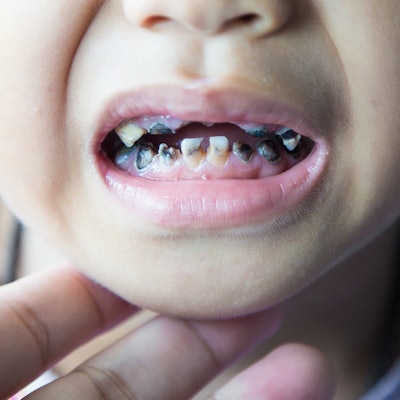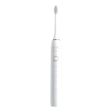
Researchers from Arizona and Hawaii have teamed up to study tooth decay among children of Hispanic, American Indian, and Native Hawaiian or other Pacific Islander descent.
The Southwest Health Equity Research Collaborative (SHERC) is the first large-scale research effort to investigate the biological and socioeconomic factors driving tooth decay among children in both Yuma, AZ, and the Big Island of Hawaii.
The project will evaluate the transmission of Streptococcus mutans and other caries-causing bacteria among preschool-aged children. The researchers hope to help explain why early childhood caries are five times more prevalent among minority children than white children.
"We know that the problems that start in the preschool are continuing beyond there," stated Viacheslav "Slava" Fofanov, the lead for the Arizona research team and an assistant professor at Northern Arizona University (NAU), in a press release.
The Arizona team decided to add a partner in Hawaii because the main Yuma-based study didn't include Native Hawaiian or Pacific Islander children. The Big Island of Hawaii is an ideal location because it has similar social determinants of health as those experienced by rural populations in the continental U.S., Fofanov noted.
Julie Baldwin, director of the NAU Center for Health Equity Research, will serve as principal investigator for the entire SHERC study. In addition, Misty Pacheco, an associate professor of kinesiology and exercise sciences at the University of Hawaii at Hilo, will lead the Hawaii team.



















